The Illogic of War
Why Conflict is Never the Answer!
Throughout human history, war has been our go-to model for dispute resolution. When conflicts arise over land, resources, or power, nations often resort to armed conflict, believing that force is the ultimate solution. But in reality, there is nothing sensible or good about war.
harmonious relationships but also yields tangible organizational and societal benefits.
Understanding the Drivers of War
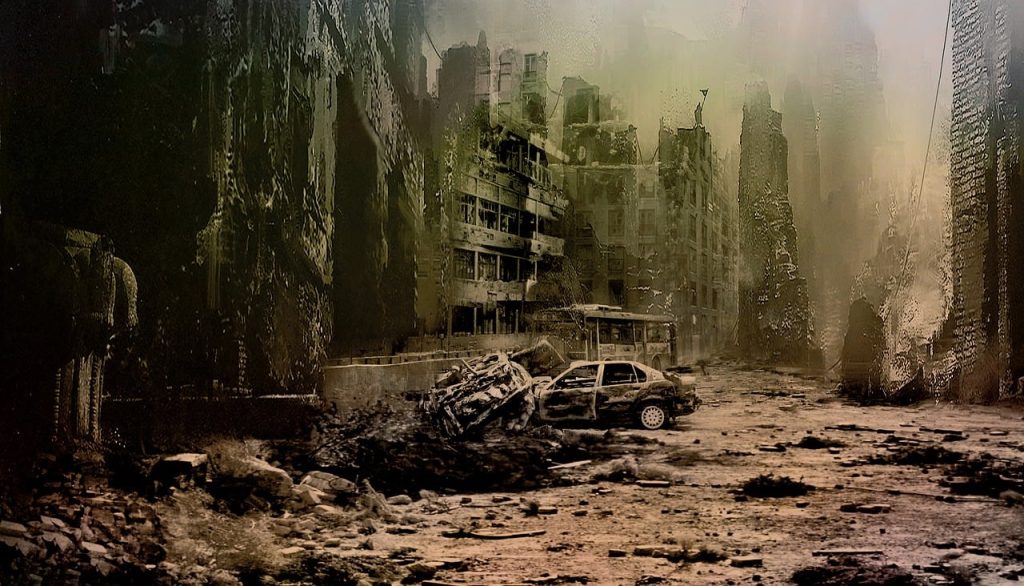
The primary drivers of war and armed conflict are threefold: control of land and resources, dominance over different ethnic groups, and old tribal feuds and grievances. These motives reflect a primitive and destructive approach to solving disagreements, one that sacrifices countless lives and devastates communities.
This approach starkly contradicts the teachings of major religions and the values we instill in our children. All major religions condemn killing and violence, advocating for peace and compassion. We teach our children that bullying and violence are wrong, yet we condone such behavior at the highest levels of society when it serves our interests. This hypocrisy is glaring and troubling. It suggests that while we understand the moral high ground, we abandon it when it becomes inconvenient.
The "Might is Right" Principle
The “Might is Right” mentality is fundamentally irrational. Global leaders should focus on resolving collective challenges through investigation, analysis, and strategic planning. Yet too often, they prioritize personal or national agendas, sacrificing the lives and well-being of countless individuals in the process. This approach is not only morally bankrupt but also strategically flawed.
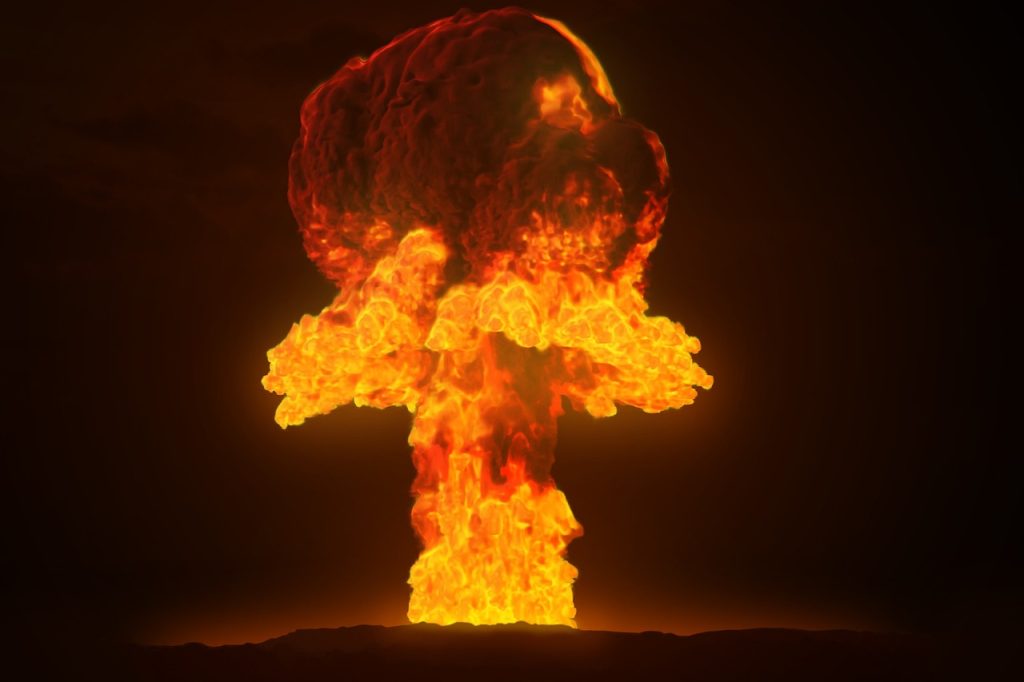
The concept of Mutually Assured Destruction (MAD) is the epitome of our flawed and self-defeating approach to international dispute resolution. The premise of MAD is that the threat of total annihilation will prevent nuclear war. However, the continuous stockpiling of nuclear weapons inevitably leads to heightened risks. With more weapons in existence, the probability of accidental launches, environmental disasters triggering detonations, or malicious use by terrorists increases. Furthermore, the reliance on such a precarious balance of terror is unsustainable. Eventually, miscalculations or technical failures could lead to catastrophic consequences. This strategy doesn’t secure peace; it guarantees our collective demise, making true global security impossible.
The Challenges of Peace
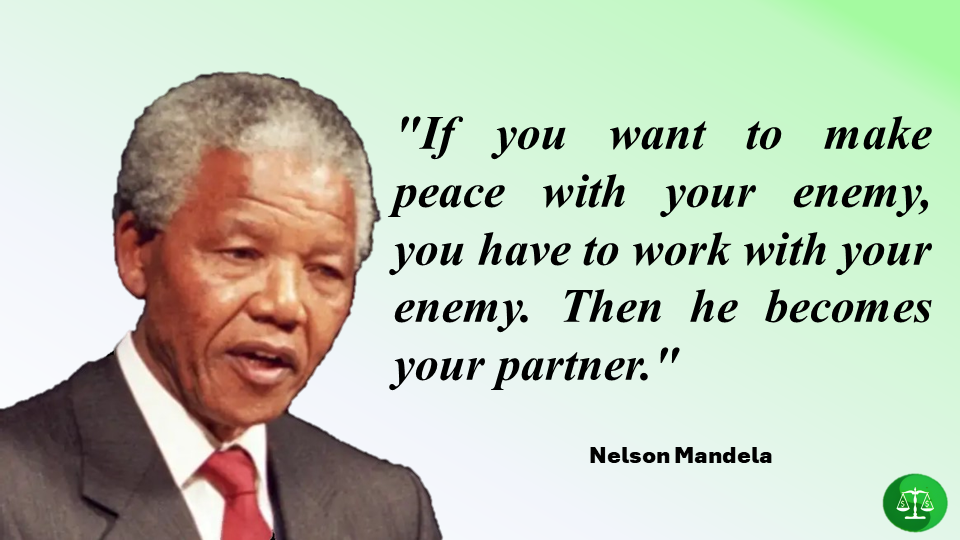
We must acknowledge the complexity of global relations and our history of resolving issues with violence. Our competitive and selfish attributes are deeply integrated into our socioeconomic and governance systems, making the quest for global peace a monumental struggle. However, the urgency for peace has never been greater. As we face global existential threats such as climate change, immediate global collaboration is essential. Yet, we see an alarming escalation of violent conflict around the world.
The Costs of War
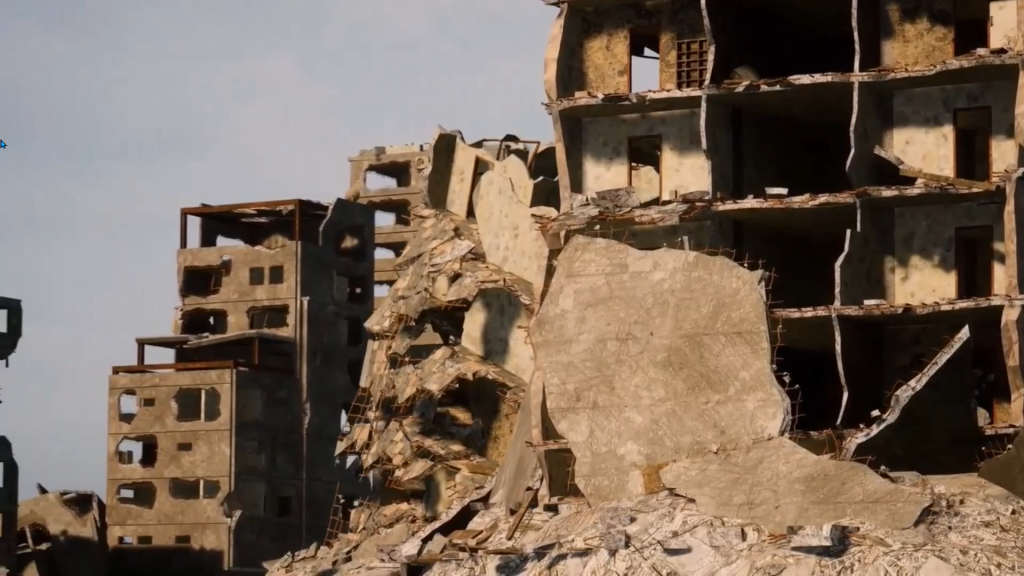
The costs of war are staggering. In the short term, lives are lost, properties are destroyed, and people are displaced. In the long term, the psychological and economic scars persist, hindering recovery and development for generations. Contrast this with the benefits of peace: a happy, productive, and prosperous society where resources are directed toward growth and well-being rather than destruction.
Achieving sustainability goals in an atmosphere of global conflict is impossible. Resources that could be used to combat climate change and foster sustainable development are instead diverted to fuel wars. The very survival of our planet depends on our ability to transcend this destructive cycle.
Conclusion: Developing a Civilization of Peace & Harmony
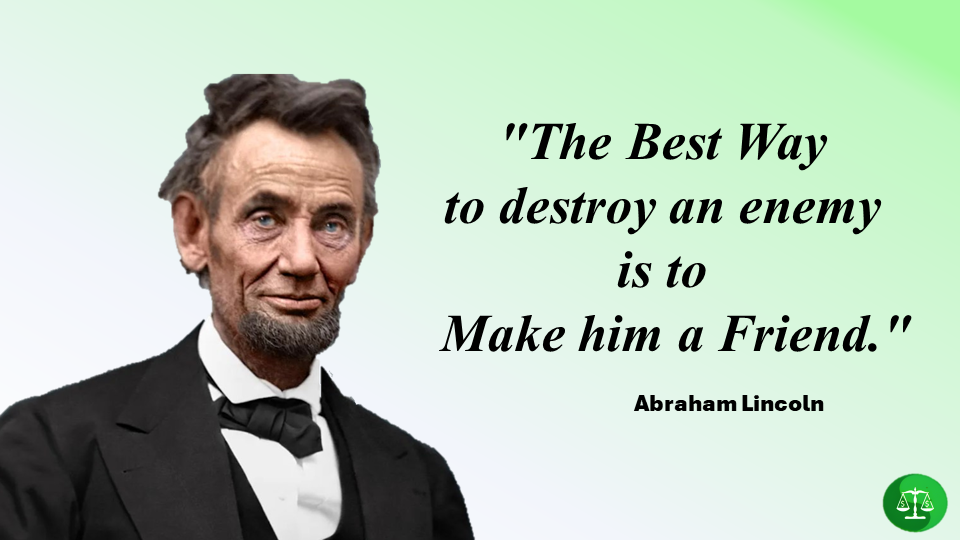
In conclusion, war is an outdated and illogical approach to conflict resolution. It contradicts our moral teachings, imposes immense human and economic costs, and obstructs our path to a sustainable future. The time has come for a fundamental change in how we address conflicts. We must embrace peace, collaboration, and strategic planning if we are to navigate the challenges of the 21st century and beyond. The survival and prosperity of our species depend on it.
A new leadership model and consciousness are desperately needed. We must adopt a new perspective on war and peace, one that rejects violence and embraces collaborative, peaceful solutions to our problems. Only through this shift can we hope to address the global challenges that threaten our future.
Tony Redman
